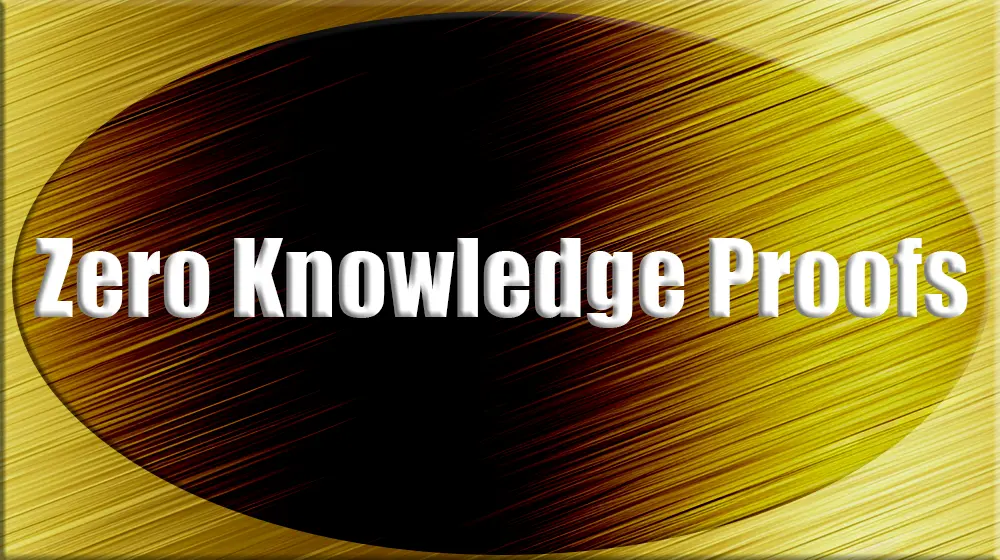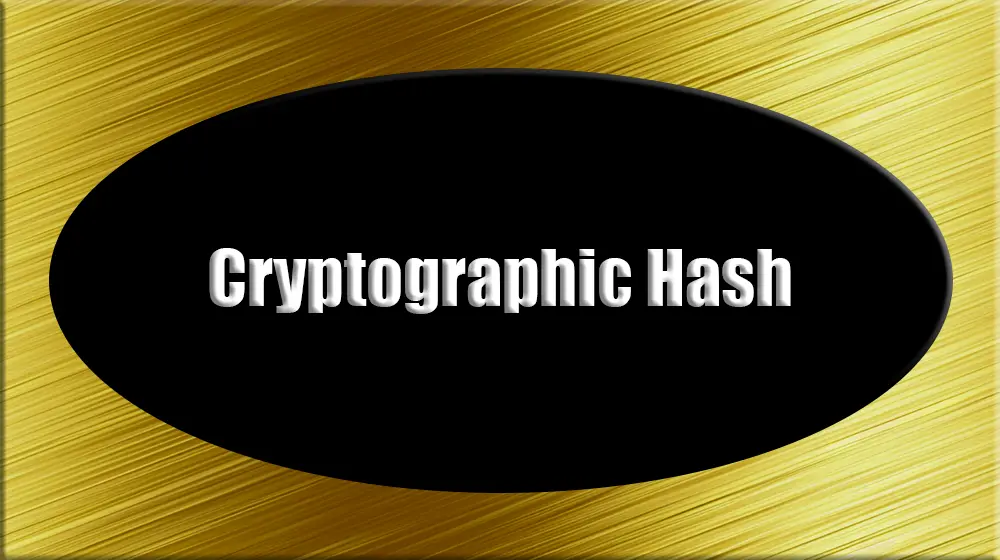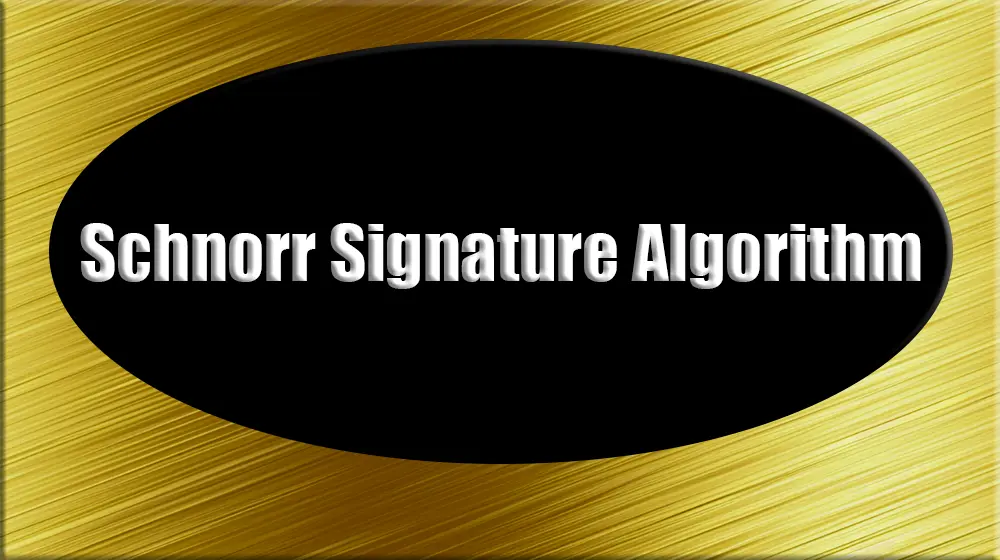Understanding Zero-Knowledge Proofs: A Cryptographic Marvel
In the realm of cryptography, zero-knowledge proofs (ZKPs) represent a groundbreaking innovation, enabling one party to prove to another that a statement is true without revealing any additional information beyond the veracity of the statement itself. This concept, introduced by Shafi Goldwasser, Silvio Micali, and Charles Rackoff in the 1980s, has profound implications for privacy and security in the digital age.
At its core, a zero-knowledge proof involves two parties: the prover, who asserts that a statement is true, and the verifier, who seeks confirmation of the statement\’s validity. The magic of ZKPs lies in their ability to provide this confirmation without disclosing the underlying information. This is akin to proving that one knows the solution to a puzzle without revealing the solution itself.
The practical applications of ZKPs are vast and varied. In the realm of blockchain and cryptocurrencies, ZKPs enhance privacy and security by enabling transactions to be verified without exposing the transaction details. For instance, zk-SNARKs (Zero-Knowledge Succinct Non-Interactive Arguments of Knowledge) are a type of ZKP used by cryptocurrencies like Zcash to ensure transaction confidentiality. Users can prove the validity of transactions without revealing sender, receiver, or amount information.
Moreover, ZKPs hold significant promise in identity verification and authentication processes. They allow individuals to prove their identity or certain attributes (such as age or citizenship) without divulging personal data. This capability is particularly relevant in an era where data breaches and identity theft are rampant, offering a robust solution for protecting personal information.
In addition to financial and identity applications, ZKPs are poised to revolutionize secure voting systems. By enabling voters to prove that their vote was cast correctly without revealing the vote itself, ZKPs can ensure both the integrity and privacy of the electoral process, addressing concerns about transparency and voter anonymity.
Despite their potential, the implementation of ZKPs is not without challenges. The computational complexity and resource demands of ZKP algorithms can be significant, posing hurdles for widespread adoption. However, ongoing research and technological advancements are steadily improving the efficiency and scalability of ZKP systems.
In conclusion, zero-knowledge proofs represent a pivotal advancement in cryptographic technology, offering powerful tools for enhancing privacy and security across various domains. As research and development continue to progress, the potential applications of ZKPs are likely to expand, paving the way for more secure and private digital interactions.




